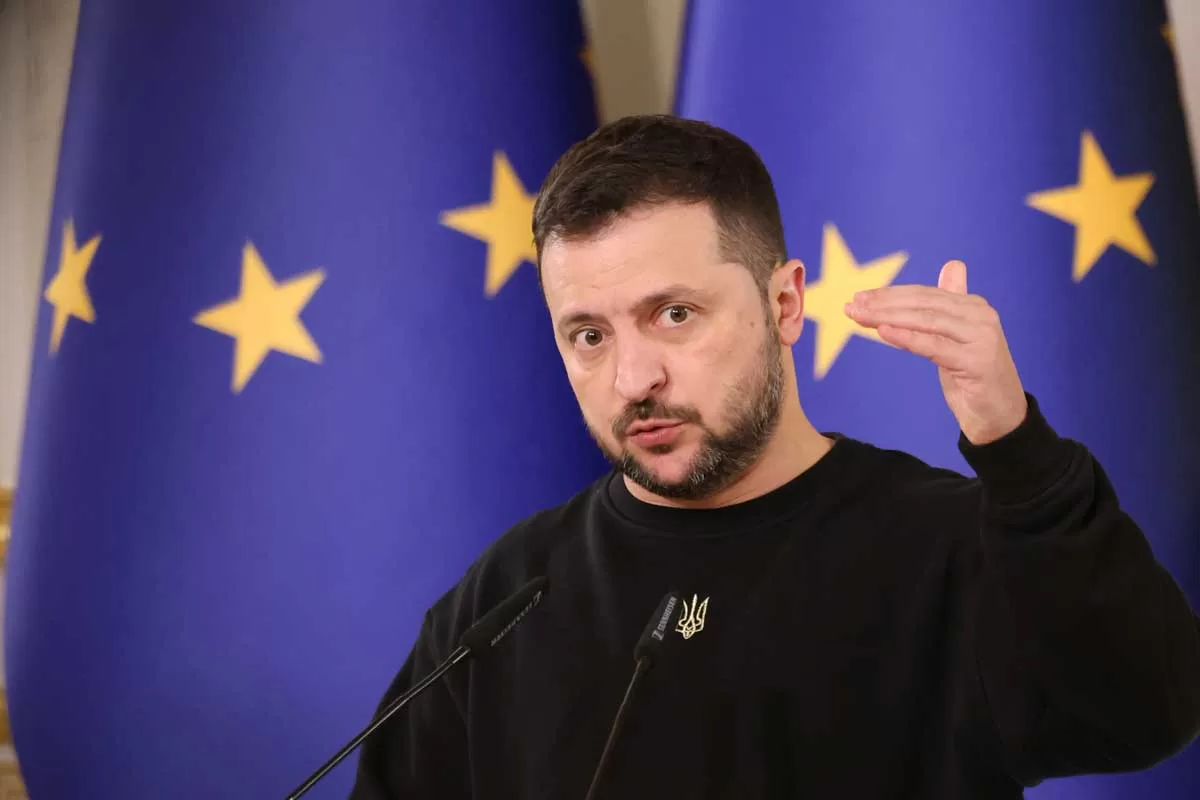If it does, and the House of Representatives blocks a $60 billion aid package for Ukraine passed by the Senate this week after months of delay, it will make Europe Ukraine’s only hope for getting the support it needs for its defense.
For those arguing that the Ukrainians are going to lose anyhow, so why waste money, this is a prophecy that has already begun to self-fulfill. A new update of the Ukraine Support Tracker kept by Germany’s Kiel Institute shows the last drawdown of US cash for Ukraine in October last year, meaning a deficit of about $2 billion worth of arms a month since.
The consequences are showing on the battlefield. The rate at which Russian cruise and ballistic missiles are striking Ukrainian cities has risen to 50% from about 10% as air defense missiles supplies run low. On the front lines, now that Russia is on the offensive again it needs about three times the force of Ukraine to break through. In terms of firepower it’s getting close, as Ukrainian gunners are forced to ration ammunition for their artillery pieces.
On the military side, Europe seems slowly to be reawakening to that fact that it must be able to defend itself. European NATO members increased defense spending by 8.3% last year. In 2024, NATO estimates its European members will as a group meet their 2% of gross domestic product target for defense spending, for the first time since it was set. But to succeed, Europe will have to actually do what it’s been talking about for decades and consolidate its defense industry and procurement.
There are other problems Europe will have to unlock to succeed. Gustav Gressel, a former Austrian defense ministry official, has been looking at the question for some time. One major hurdle he came across: finance. Defense companies told him repeatedly they couldn’t afford the price of credit to build new factories, because defense isn’t classed as a sustainable industry and is charged a premium. And they couldn’t get financing at any price without signed orders. Ammunition makers know they will be selling as many 155-millimeter shells as they can produce for years to come, says Gressel, now a senior research fellow at the European Council on Foreign Relations, a Brussels-based think tank, but without signed orders they can’t get the money to expand production.
Germany’s Diehl Group, which makes ammunition for crucial IRIS-T air defense systems and artillery, was denied permission to buy land for expansion by the local municipality in Troisdorf, a town of about 75,000 people.
